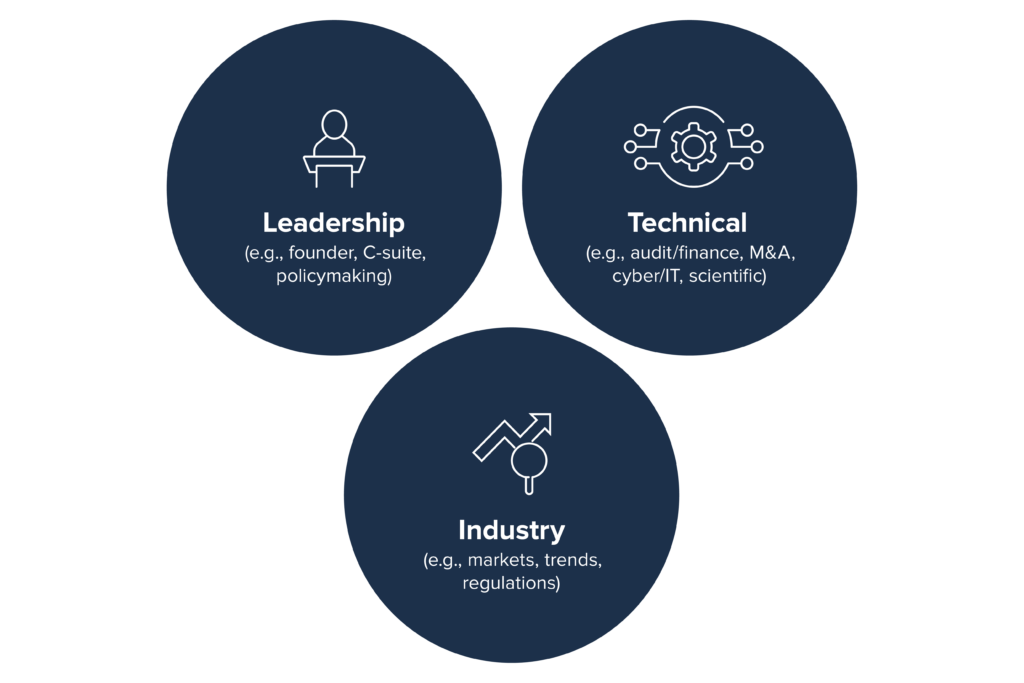
When considering whether to accept or continue a position on a board, it is critical that directors evaluate the match between their skills and interests and the organization’s needs.

When considering whether to accept or continue a position on a board, it is critical that directors evaluate the match between their skills and interests and the organization’s needs.
We know from prior work that the key attributes of successful, long-term-oriented boards are:
Boards display these characteristics in different ways, but strong boards are “future fit” – well-positioned to create value over the long term. For example, private equity boards are often lauded as better at fostering entrepreneurship than public company boards, just as public company boards can better mitigate risk. Meanwhile, boards in different countries take different approaches to their roles. As market conditions and company circumstances change, long-term boards adapt by adjusting their practices and composition.
Directors can be future fit as well. A director offers a company board a particular set of skills: leadership, technical, or industry experience. Boards commonly recruit directors for the varied and rounded perspectives they can offer, so answering the questions of “What balance of perspectives can I bring to this board?” and “Within these categories, what exact perspectives do I offer?”

Directors should ask themselves these questions, and the others provided below, to assess whether they offer the perspectives that the board requires. They will benefit most by answering these questions in terms of their personal contributions rather than regarding the type of representation they provide on the board. This approach involves understanding what unique qualities they bring to the board that cannot be easily replaced by another director.
| Questions for Board Director Self-Reflection | |
|---|---|
| Clear Remit |
|
| Competitive Advantage |
|
| Effective Leadership |
|
| Strategic Focus |
|
| Diverse Expertise |
|
| Ownership Mindset |
|
Future fit directors whose skills and interests align with the board’s needs are the key to long-term value creation. Reflecting on skills and interests as they consider board service is critical to doing so.

Governance | Toolkit
9 October 2024 - How can chairs lead their boards toward long-term success effectively?

Governance | Toolkit
17 June 2024 - Long-term corporate boards must evolve to achieve their corporation’s future ambitions, rather than remaining anchored to the status quo.

Governance | Report
29 March 2019 - A well-functioning corporate board of directors wields the power to meaningfully influence the purpose, culture, and direction of an organization. This is often among a company’s greatest untapped strategic assets.